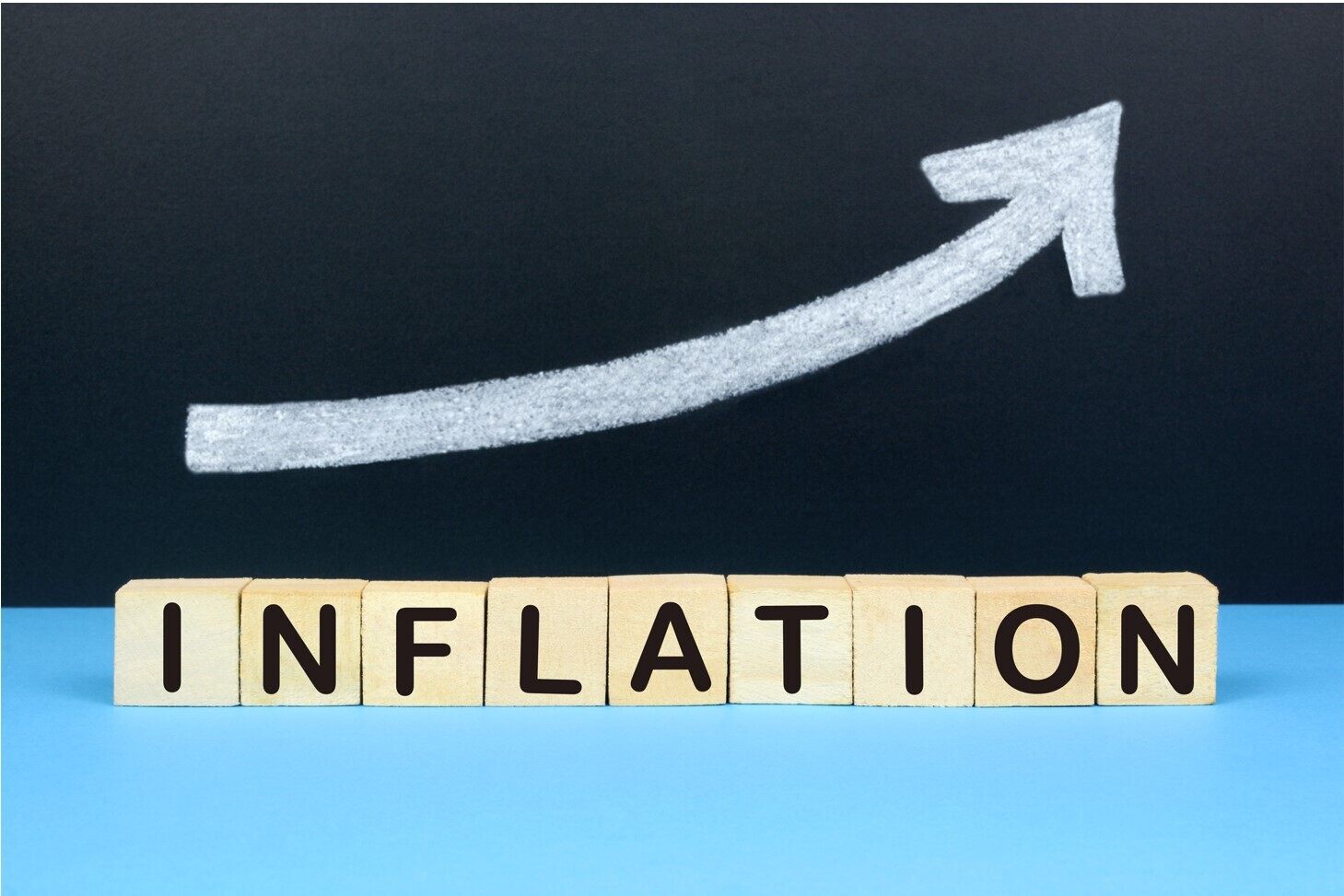Australians have been reacquainted with high inflation. We were used to fifteen per cent inflation and seventeen per cent interest rates in the 1980’s. For the last calendar year inflation was 7.8 per cent, up from 7.3 per cent for the year ended September.
The figure for the year ended January will be released on March 1. Let’s hope it is lower. We need consumer spending to slow so demand and inflation drop towards their previous levels.
The Reserve Bank’s higher interest rates to combat inflation have boosted variable loan interest rates, causing mortgage stress as payments jump by hundreds of dollars per month.
There are other consequences of inflation. Many small business owners will soon be hit hard. Most commercial property leases say rents are to increase with the Consumer Price Index (CPI).
So small business owners will soon receive notices advising that their rents are going up by 7.8 per cent. Wages and other costs may be increasing more slowly, but business rents are definitely rising at the CPI rate.
Some residential leases also include clauses linking rent increases to the CPI. Those tenants will also be hit hard.
With the cost of living rising quickly one might assume the age pension would be indexed to the CPI. It isn’t. It is indexed to AWOTE – Average Weekly Ordinary Time Earnings. Working people know that wages aren’t rising as fast as the CPI. So the age pension will increase less than living costs.
Many formulae in Government regulations are indexed to the CPI. The current maximum that a retiree can move into a tax-free pension is $1.7 million. The conditions have already been met for that to jump to $1.9 million in July.
So people thinking of retiring and converting their super to a pension, and who have close to $1.7 million in super, will probably be best to wait until July so they can have an extra $200,000 invested tax-free permanently.
Super contribution limits may also go up but that will depend on inflation in the March Quarter. Concessional contributions may rise from $27,500 to $30,000 and non-concessionals from $110,000 to $120,000.
Are the tax thresholds indexed to inflation? Unfortunately, not. Tax thresholds are fixed. Increases must be legislated. That’s unlikely to happen in this May’s Budget. The new Government is keen to spend but is already hamstrung by a huge deficit.
It is likely to be silent on raising the tax thresholds to allow for inflation. The Treasurer and the Tax Office love bracket creep, the subtle force that steadily pushes us up into higher tax brackets. Let’s lobby for this to be changed.

